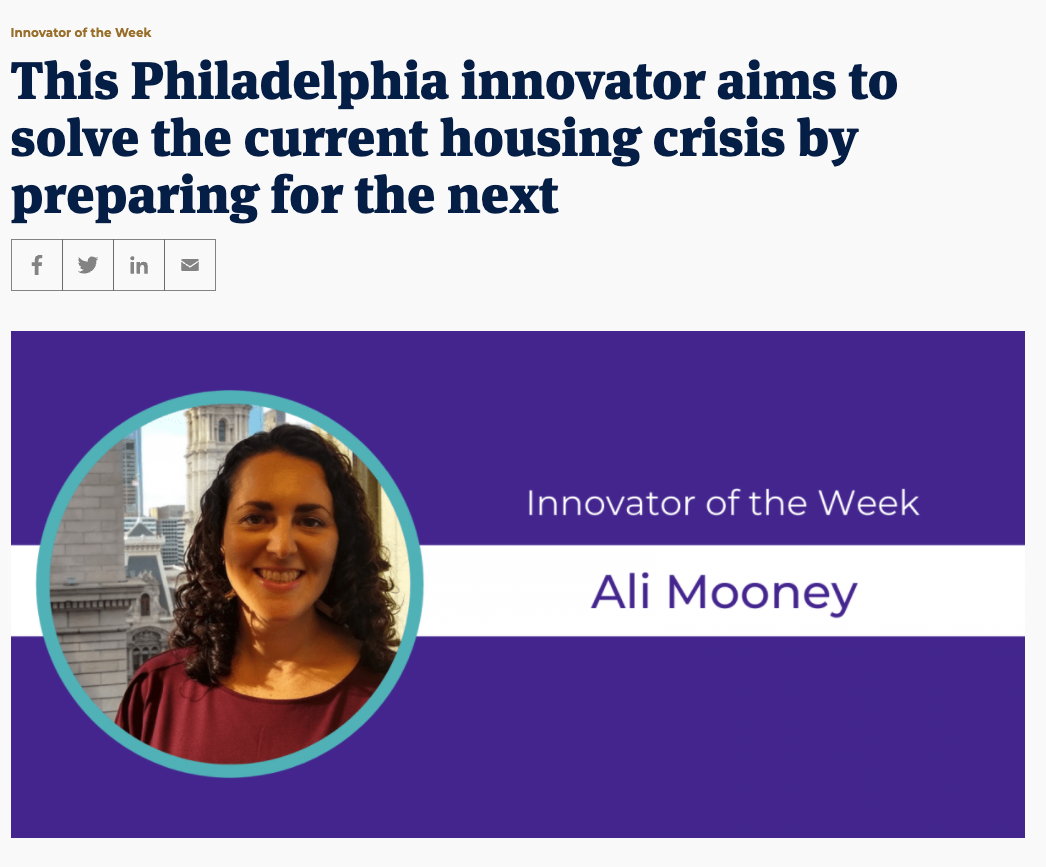
ERAP smart digital system in Philadelphia
In Philadelphia, the housing team has used federal funds to build a smarter, more flexible technical system to improve their ERAP applications.
Find our latest examples, interviews, and news here. Or search on the menu to find the specific topic you're looking for.

In Philadelphia, the housing team has used federal funds to build a smarter, more flexible technical system to improve their ERAP applications.
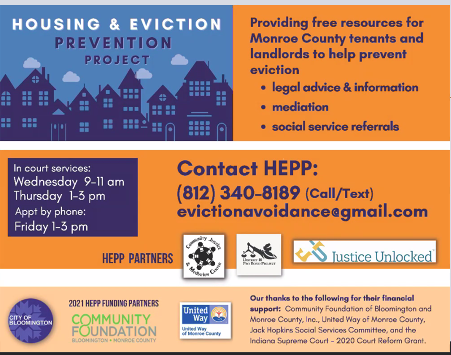
The Housing & Eviction Prevention Project (HEPP) in Indiana provides free legal, mediation, and social services to court. It includes integration into the court process, so once people are facing an eviction trial, they may be linked to services that can help them resolve their problem out of court.

Washington’s third largest city has led the way on housing law reform with a 60-day notice requirement and a powerful new information-sharing system that keeps landlords and tenants in the know.
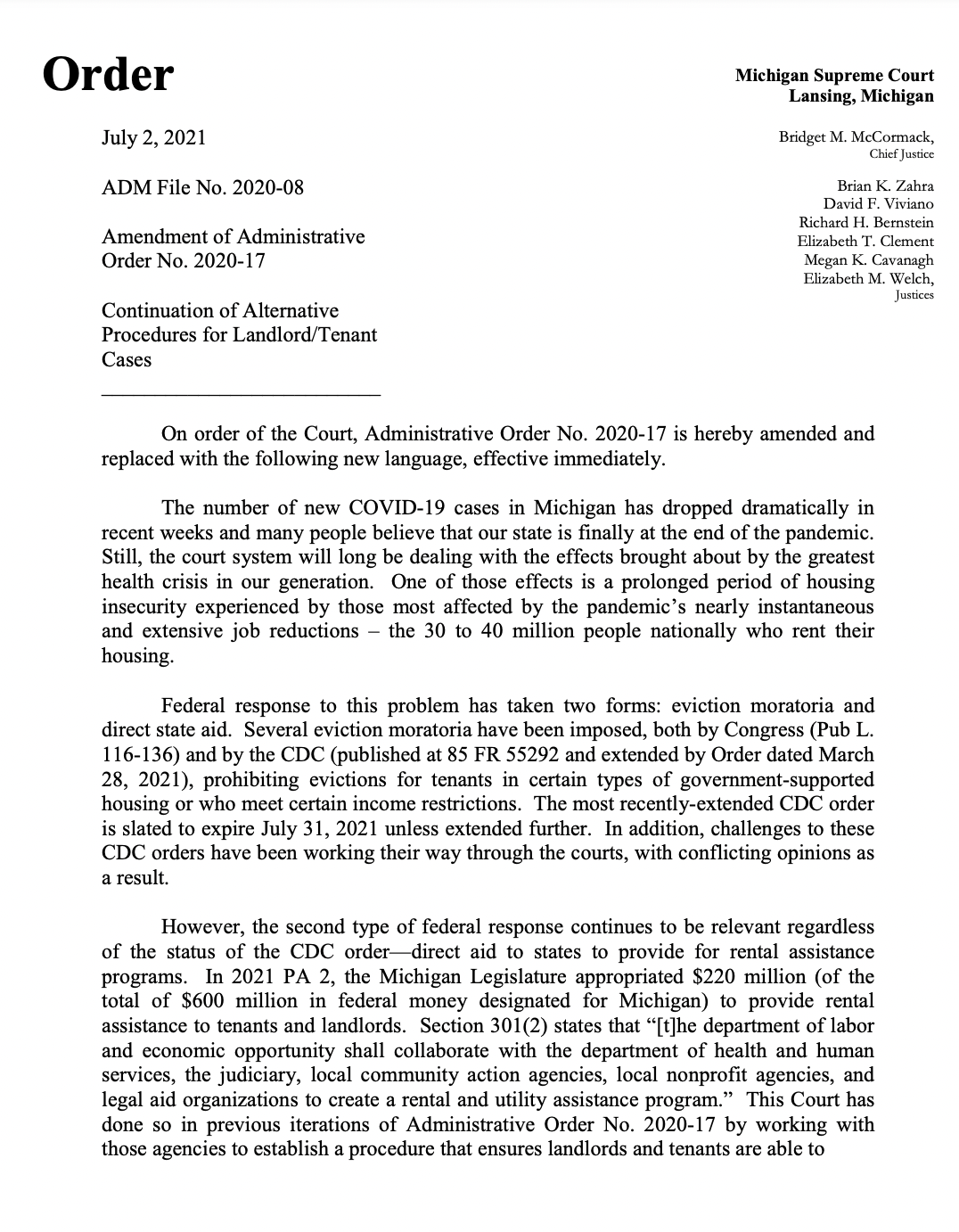
The Michigan state courts have created new court rules that help to slow down eviction cases, direct more landlords and tenants to rent assistance, and encourage the court to help the parties to resolve their dispute without going to trial.
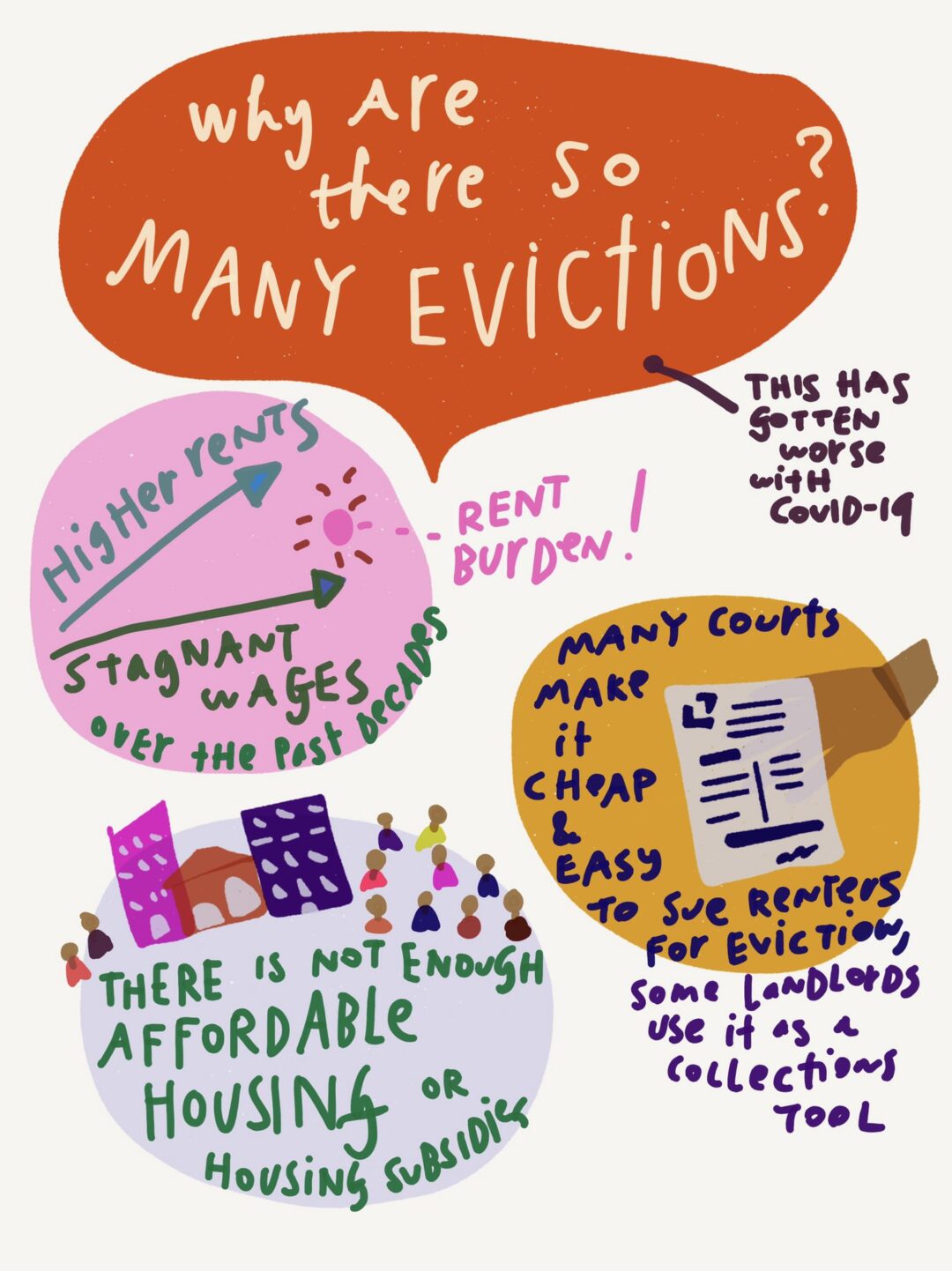
How do we bring an equity lens to eviction prevention work? A recent session at the Eviction Prevention Learning Lab can highlight ways to be more deliberate in helping people of color at risk of eviciton.
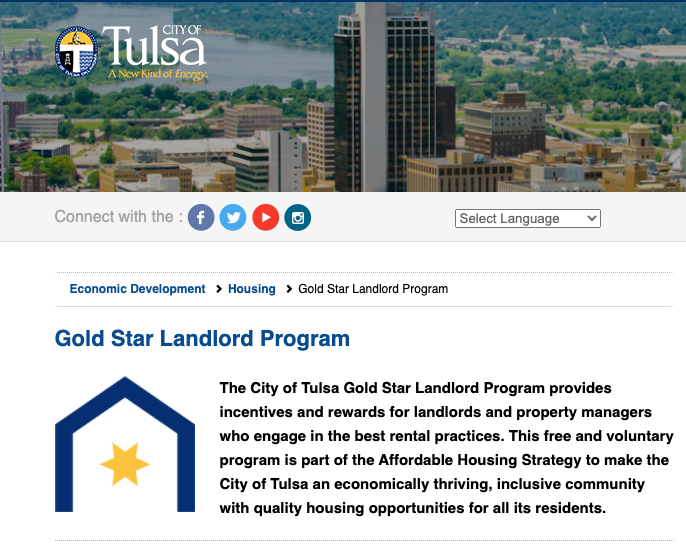
The city of Tulsa has begun a Gold Star Landlord program to incentivize landlords engage in best practices for housing and addressing the eviction crisis. It gives them publicity, approved tenants, and assistance from the city.

The program provides housing assistance and education to low-income community members. Services include: mediation, education and legal advice.
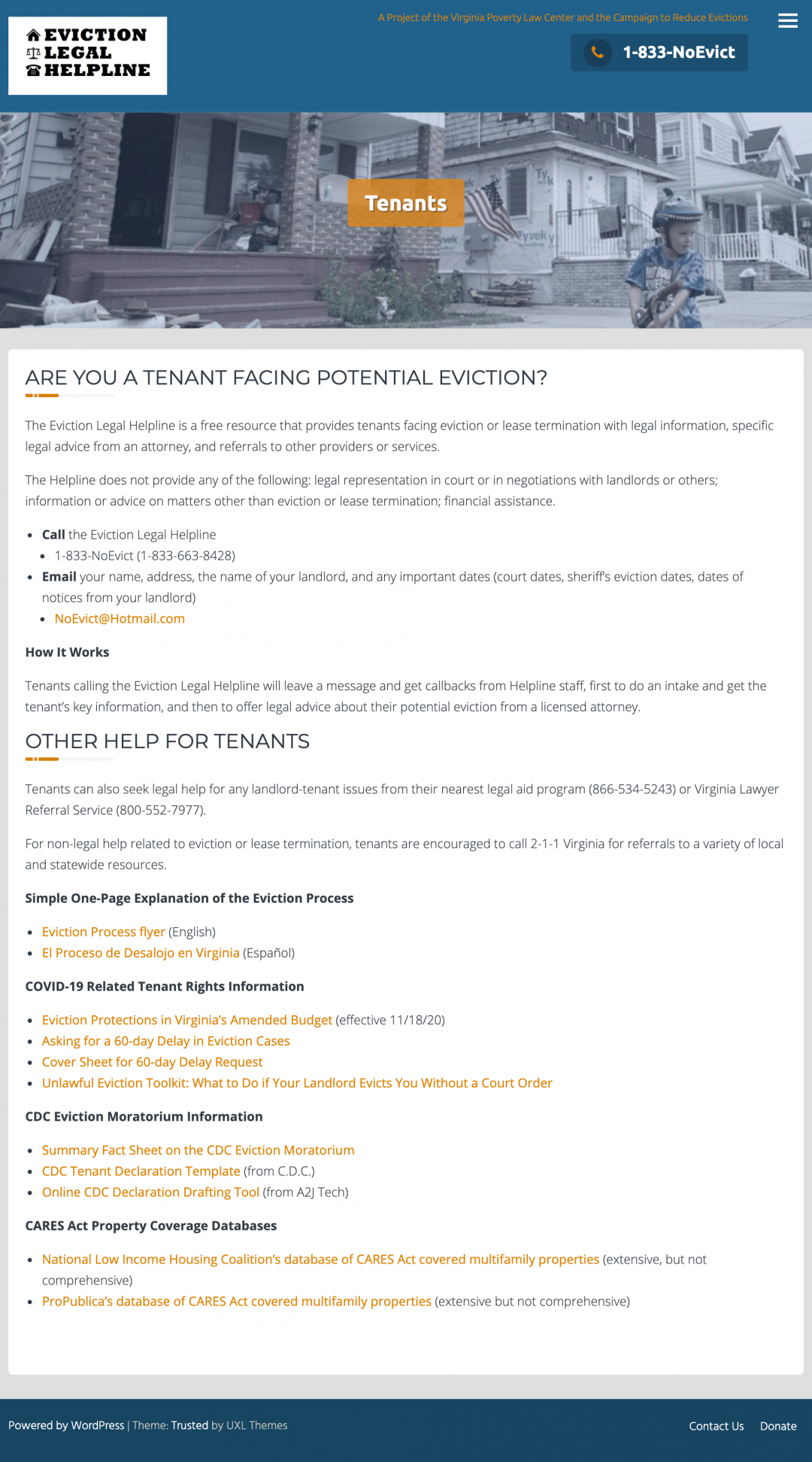
The Eviction Legal Helpline provides Virginian tenants with advice, information, and referrals. It works via phone and emails.
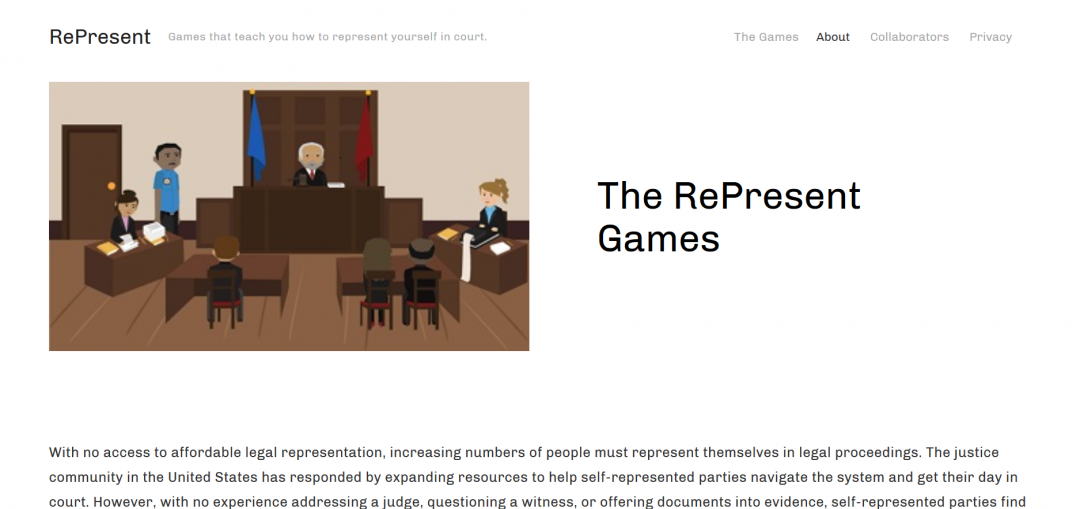
RePresent: Renter is a mobile phone game that users can download and play in order to learn how to defend themselves against an eviction. It is currently available in Connecticut and Maine.
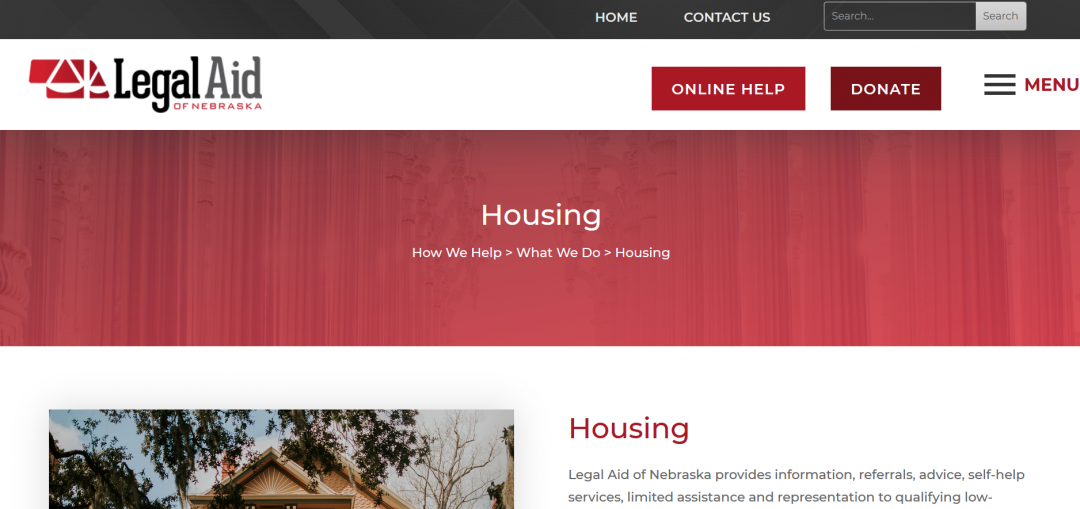
The program provides assistance to low-income individuals with housing problems. Assistance includes, information, referrals, advice, self-help services and limited assistance and representation to qualifying low-income individuals with legal problems that fit within their housing priority.